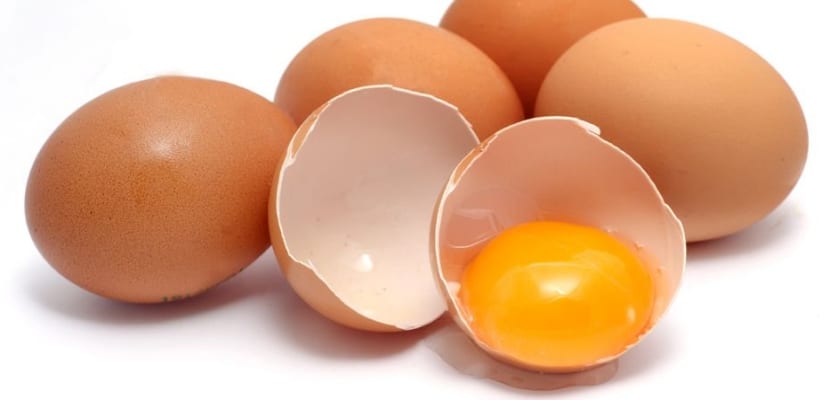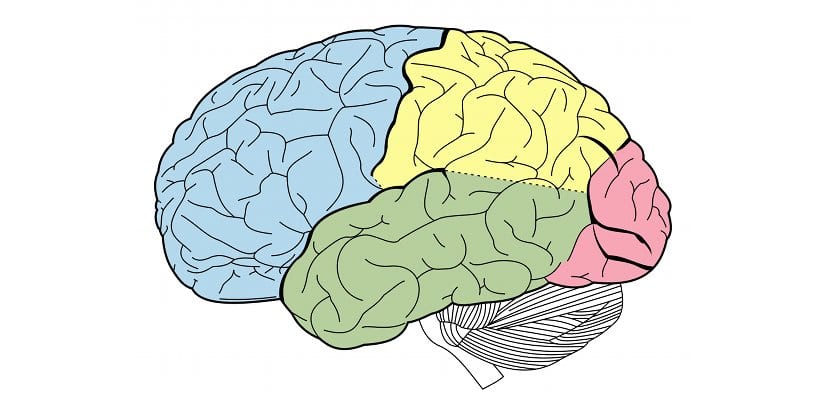
Phosphorus is a highly important component in any diet. Its best known role is to strengthen bones and teeth (which is why it is vital during childhood), but it also intervenes in many other bodily processes.
Not surprisingly, it is the second most abundant mineral in the body after calcium, being needed to help cells function properly. The body also uses small amounts to keep tissues and fluids healthy. However, too much can lead to health problems.
Phosphorous foods

Phosphorus is naturally found in dairy products, meats and plants. Phosphates improve flavor and moisture in deli meats, frozen foods, cereals, cheeses, and baked goods, as well as in soft drinks and brewed iced tea mixes.
- Beef
- Pollo
- Pig
- Cod Fish
- Halibut
- Salmon
- Sardine
- Tuna
- Cow milk
- Cheese
- Yogurt
- Barley
- Wheat
- Oatmeal
- Corn
- Sunflower, pumpkin and flax seeds
- Rice
- Nuts
- Potato
- French Fries
- Mushrooms
- Green peas
- Black beans
- Chickpeas
- Lentils
- Soybean
- Tofu
- Chocolate
- Egg
- Spinach
- Kale
- Nabo
- Broccoli
- Asparagus
- Romaine lettuce
- Tomato
- Garlic
- Cucumber
- Pepper
Most of the foods listed above are widely available, so if your health is good, there is no reason why you should not get enough phosphorus through your diet and you have to resort to supplements.
The benefits of phosphorus

The body needs phosphorus for the brain, kidneys, heart and blood to function properly. This mineral plays a role in bone formation, digestion, intestinal transit, protein production, hormonal balance, energy production, cell repair, brain function, and nutrient utilization.
It should be noted that, to stay healthy, it is essential to ensure that the levels of this mineral are balanced with those of magnesium and calcium.
Phosphorus and bones

Since more than half of bone mass is made of phosphate, taking only calcium is not enough to achieve complete bone strengthening. Phosphorus is also necessary to maintain bone health.
Fortunately, both minerals (calcium and phosphorus) are found naturally in dairy, but it should be noted that most calcium supplements, as well as calcium-fortified foods and beverages, do not contain phosphorus.
People who need to increase their bone mass with the help of supplements are preferable to choose a supplement that contains both calcium and phosphorus, rather than just calcium.
Phosphorus and brain

To ensure proper brain function it is necessary to have normal levels of phosphorus in the body. And it is an essential component in brain cells. The studies link this mineral deficiency with an increased risk of cognitive malfunction and early-onset Alzheimer's disease and dementia.
Signs of a lack of phosphorus

Bone weakness, cavities, rickets and others bone-related problems They are among the most important symptoms of phosphorus deficiency. This is because the mineral we are dealing with on this occasion acts in a similar way to calcium, providing resistance to the bones.
Lack of phosphorus too can cause loss of appetite and energy shortages to carry out routine activities that until then did not represent the slightest difficulty. Also, having levels that are too low of this mineral can also cause anxiety, tremors, weight loss and growth retardation.
Babies up to six months are recommended to reach 100 mg daily; and 275 mg between 7 and 12 months. The recommended figure between 1 and 3 years is 460 mg daily; 500 mg between 4 and 8 years and 1.250 mg between 9 and 18 years. For those 19 years of age and older, the recommended daily amount of phosphorus is 700 mg.
The risks of excess phosphorus

Excess of this nutrient is much more common than lack of it. People who abuse processed foods (fast food, soft drinks, etc.) run the risk of exceeding the recommended 700 milligrams daily. Y when there is too much phosphorus in the body health problems can develop.
An imbalance in the intake of other nutrients can also expose people to greater chances of kidney disease, bone loss, cardiovascular disease, and other chronic conditions.
In people with kidney disease, it can build up in the body and cause bone decalcification and heart disease. For this reason, it is very important that these people obtain accurate information about the amounts of phosphorus in the foods in their diet.
Some nutritionists advise limiting phosphates in the dietwhether or not you have kidney disease. To do this, they offer ground rules like staying away from soda and looking for the word "phosphate" on ingredient labels. This word can be found alone or in combination with others.
However, the best strategy to avoid the health hazards of excess phosphorus is plan a diet based on fresh foods rather than processed foods.